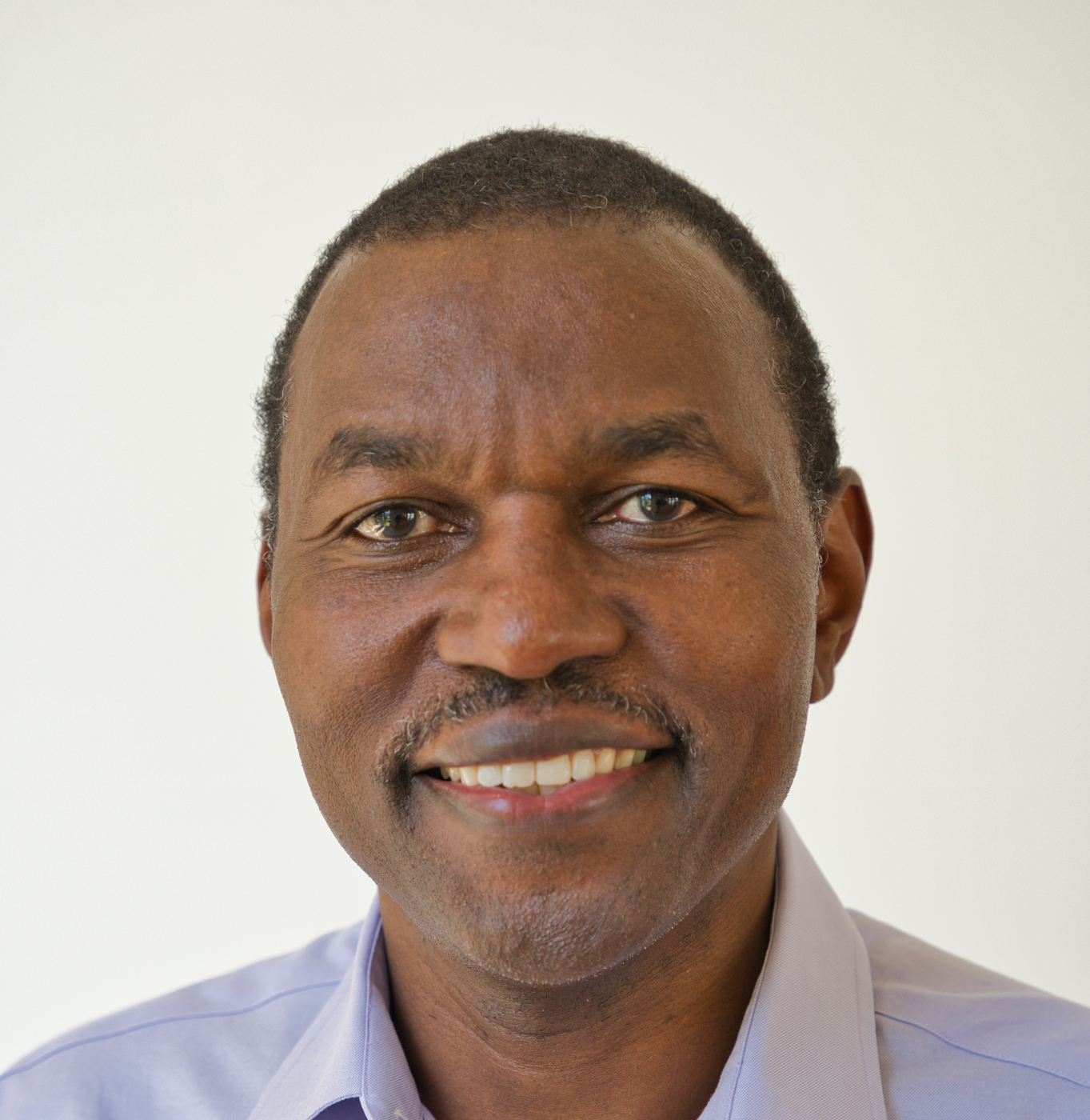Collaborative
Blood biomarkers that prospectively predict acute HIV-1 infection in high-risk adults
Africa bears the largest burden of HIV-1 transmission. It is not clear whether circulating virus characteristics, genetics, social-behavioural factors or exposure to other infections or some intrinsic biological mechanisms predisposes some individuals to HIV despite similar risk behaviour. In this study, Abdi and co-collaborators sought to determine whether there are exposures (eg infections) or biological mechanisms underlying susceptibility to HIV-1 infection and identify blood biomarkers predictive of incidence risk. Archived plasma samples from adults at high risk of HIV-1 infection recruited in a longitudinal study were used in a case-control design. 32 participants who acquired HIV-1 infection during follow up and had an available plasma sample collected at 3 months prior to HIV-1 acquisition, and 64 matched controls were included. The RNA content of membranous spheres referred to as small extracellular vesicles (sEVs) isolated from the plasma samples obtained 3 months prior to infection was sequenced to identify predictive biomarkers.
Data acquisition has been completed and analysis is on-going, but it is looking extremely promising and will lead to a publication. The study should inform new treatment targeting the altered pathways. The biomarkers will also inform decisions on who to prioritise for prophylaxis and enrolment for efficacy trials of new HIV-1 vaccines. The results from this pilot study will be confirmed in a larger follow-up study to allow for comprehensive recommendation.



